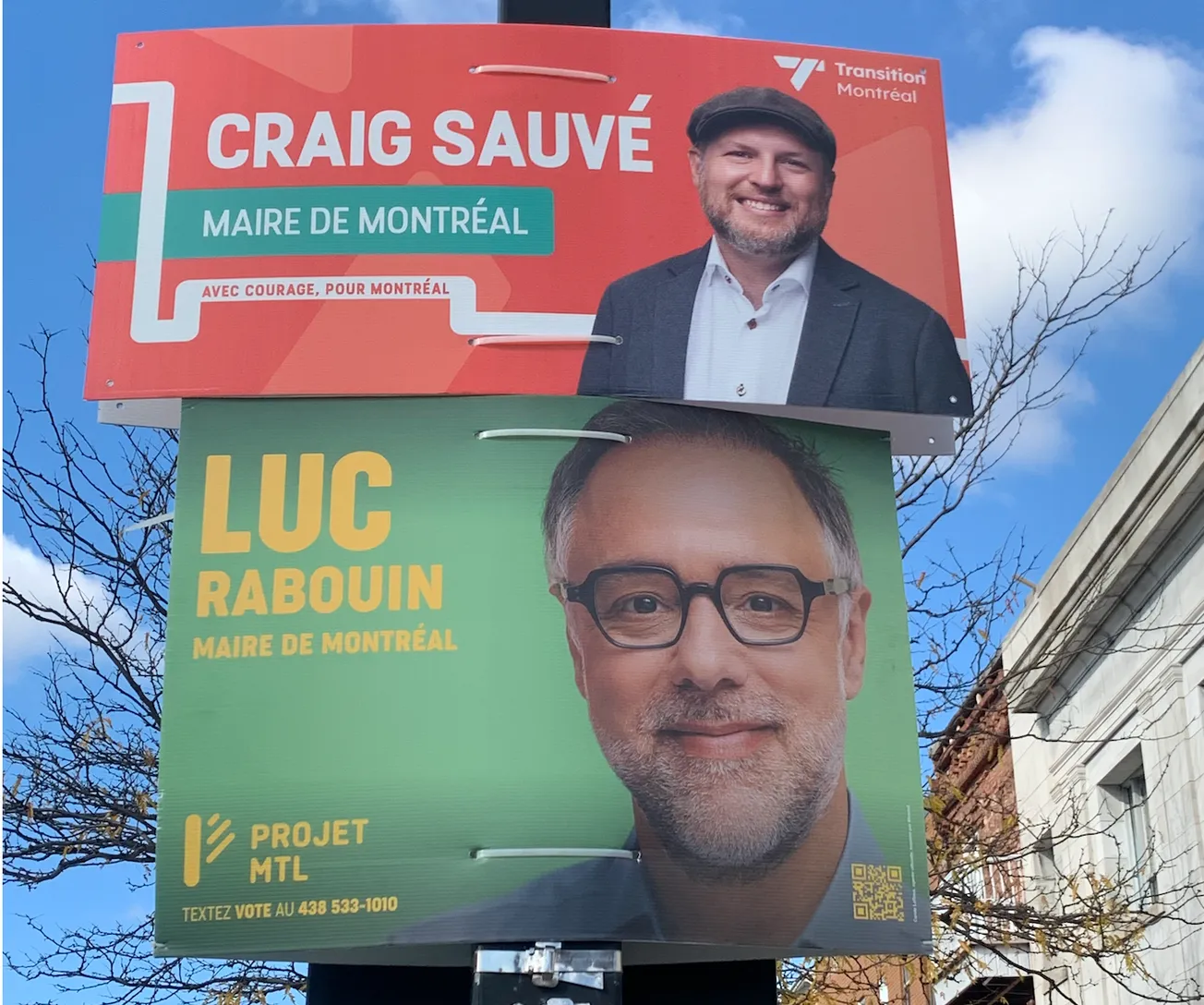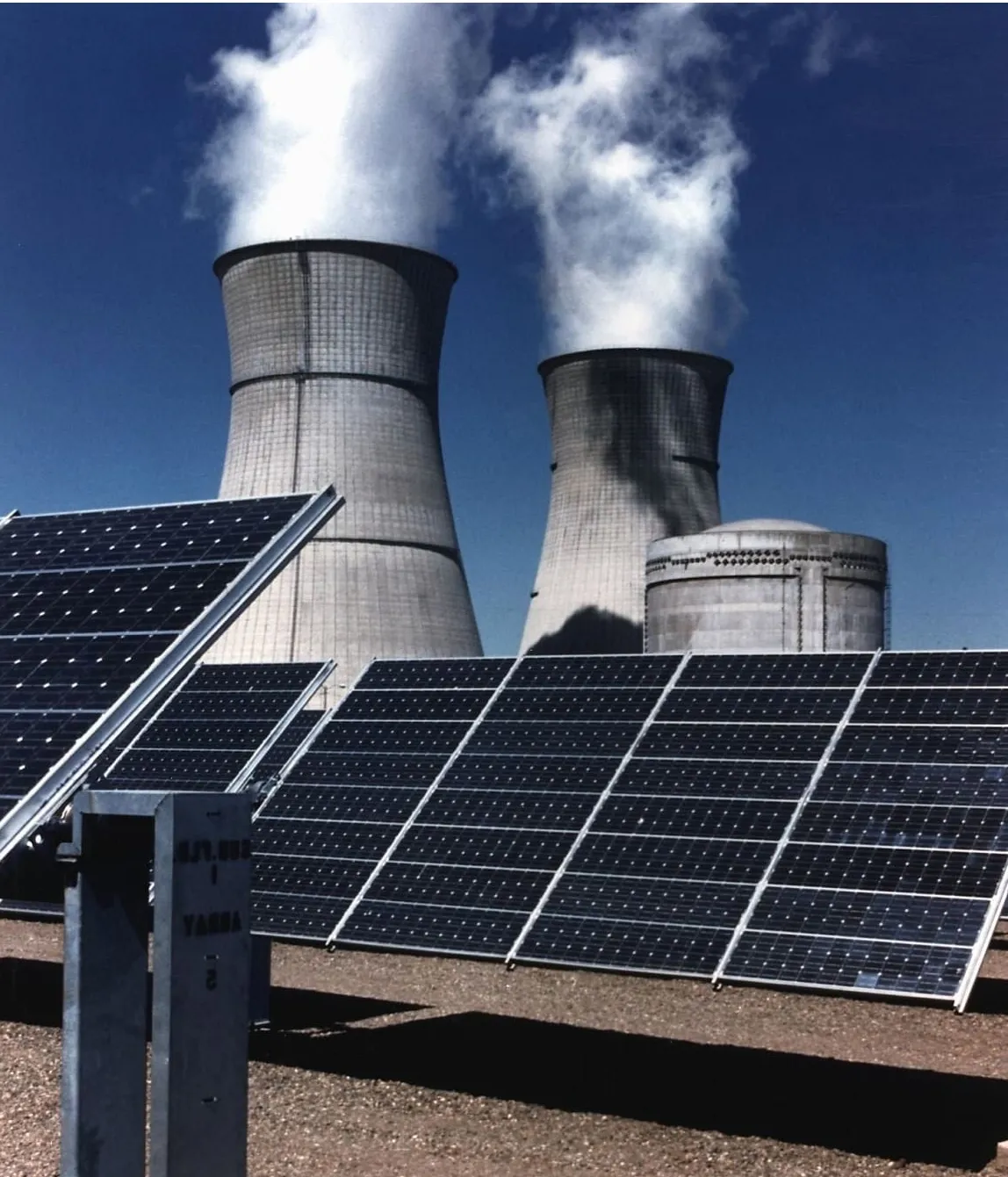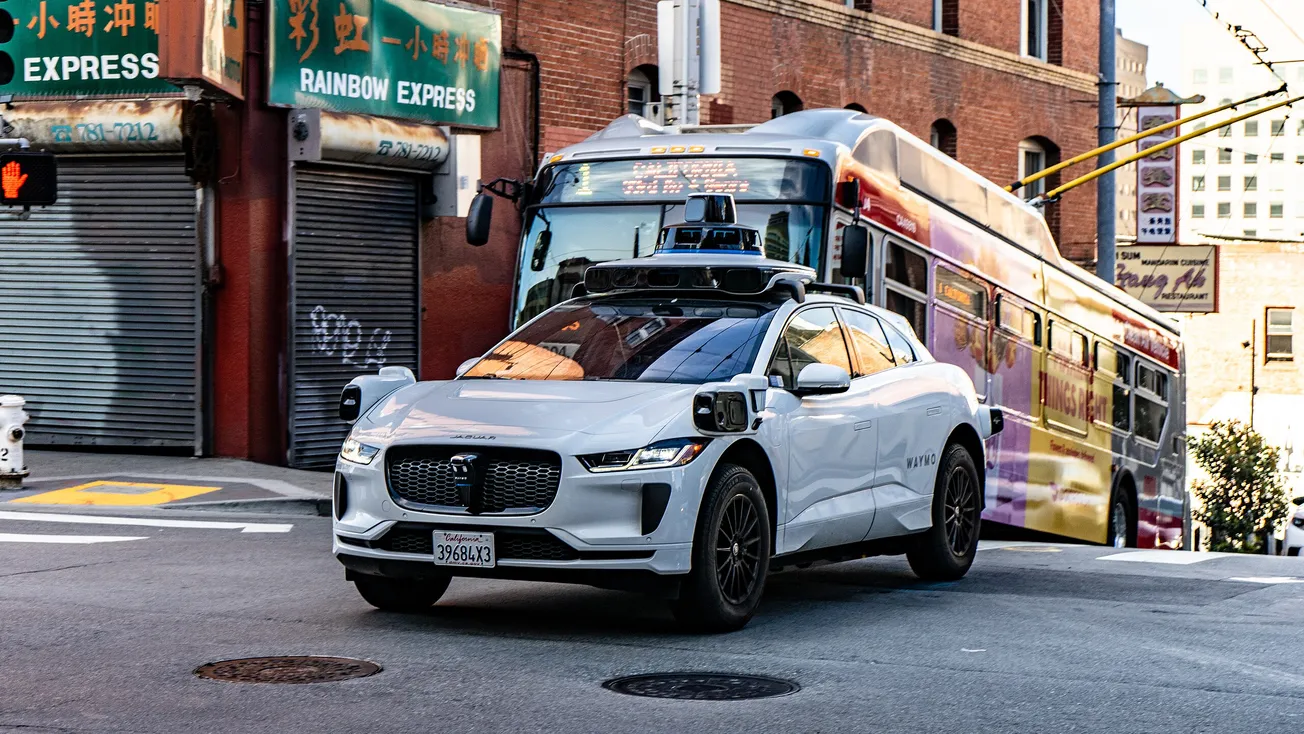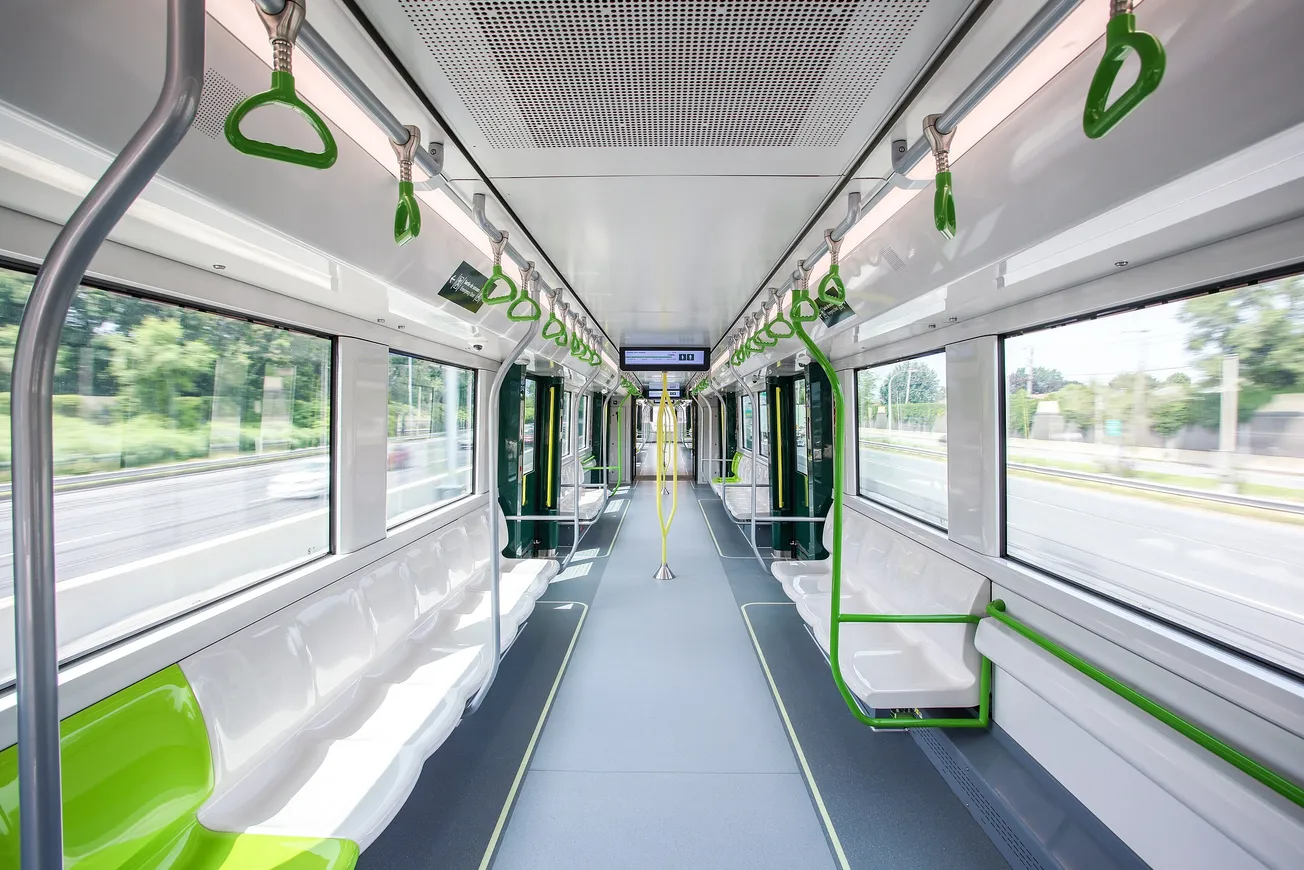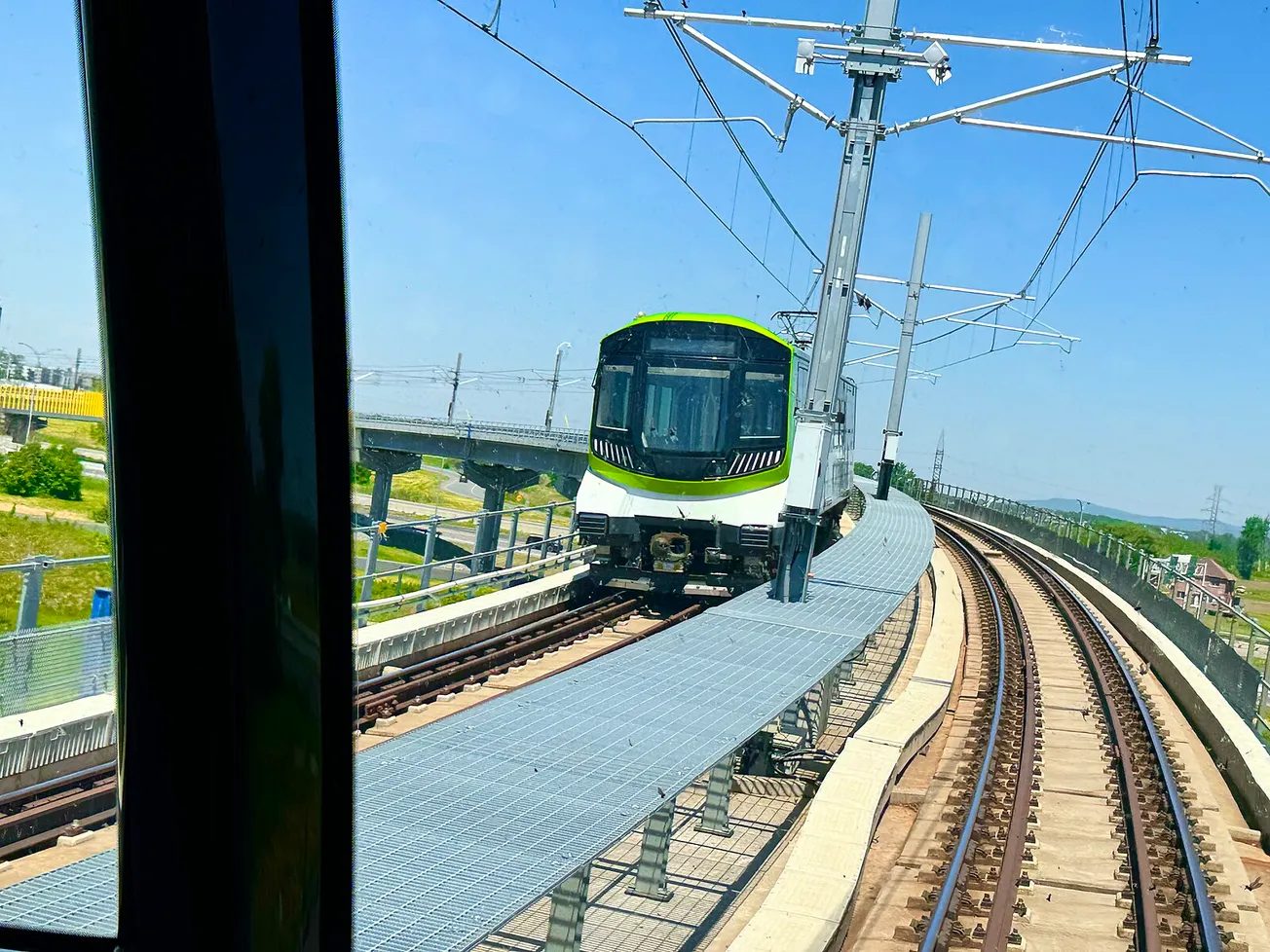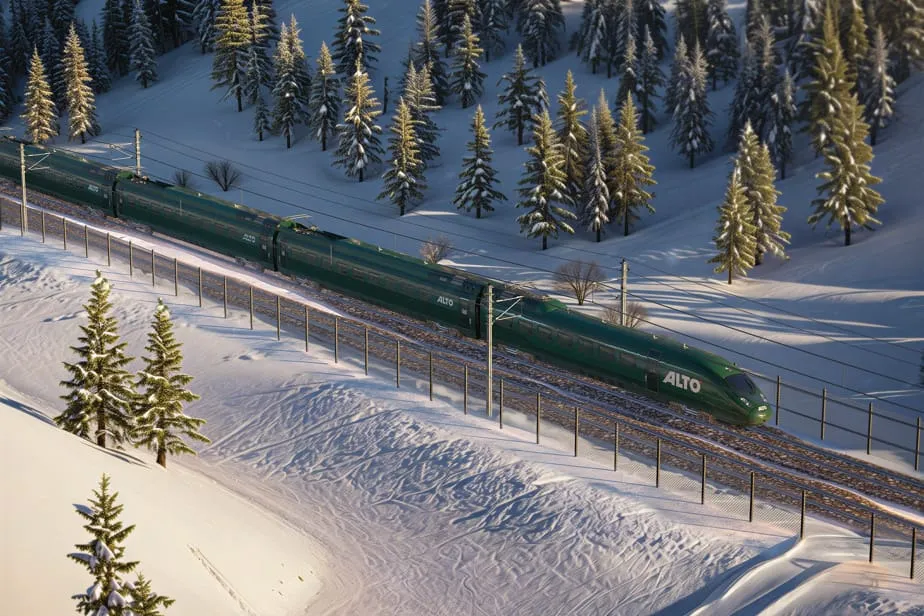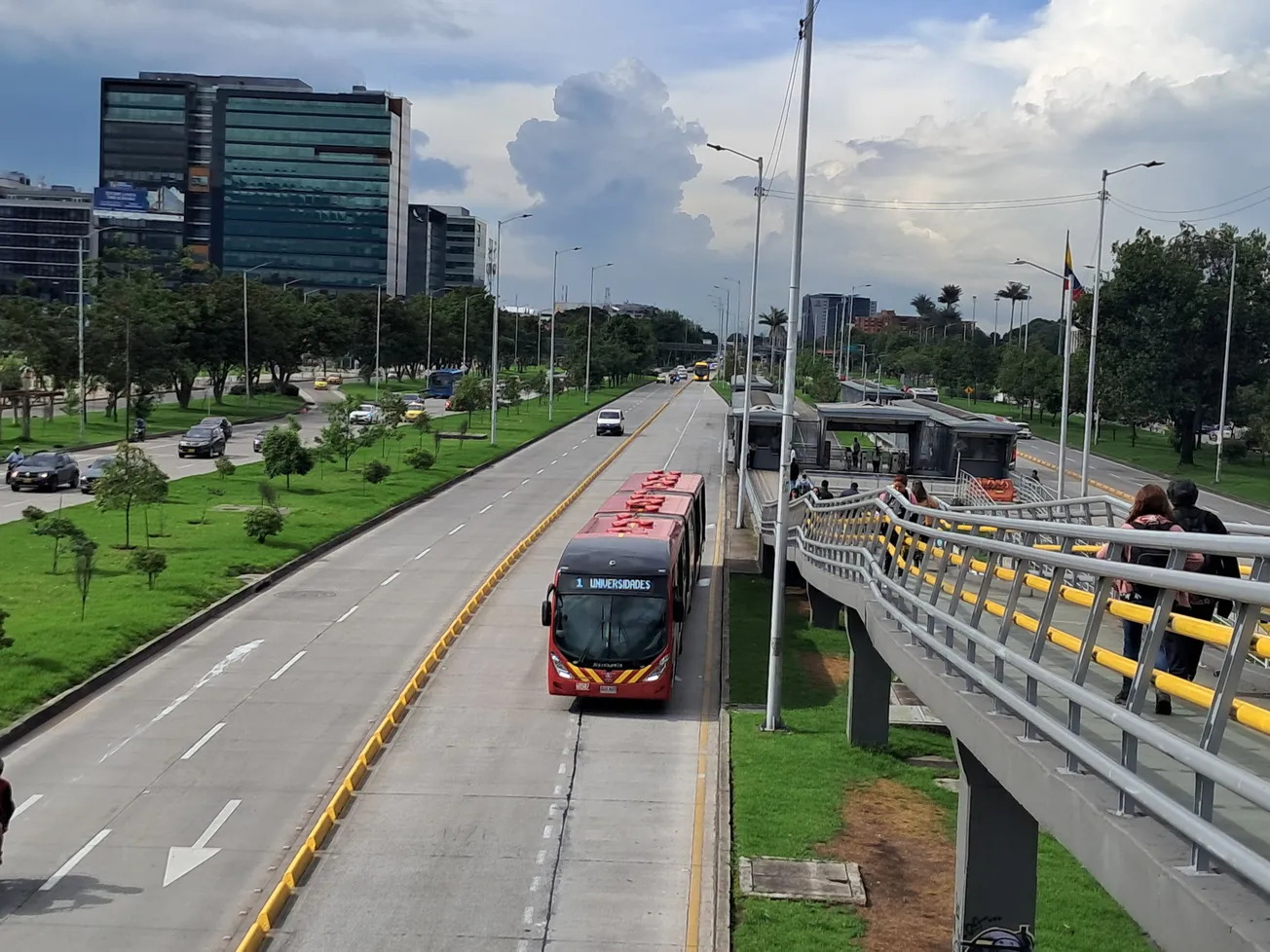// In terms of politics, the world has been a dark place, getting darker, for the last decade. Against the background of the sickly, slow-motion slump into authoritarianism and fascism in the United States, there's been a queasy comfort to living in Canada, where things are...OK, for now. And I've felt particularly lucky to be raising a family in Montreal. While the radio in our kitchen brought us news of chaos and decline—school shootings and babbling about injecting bleach, Putin's invasion of Ukraine, the rise of far-right demagogues, January 6, the horrors of Oct. 7 and the Palestinian genocide, Trump 2.0—things outside our front door were, generally speaking, getting better from day to day.
That's because, a year after Donald Trump was first elected, a big change came to municipal politics in Canada's second largest city. In November 2017, Valérie Plante became mayor. She was at the head of Projet Montréal, a progressive party that had started by transforming Montreal's central boroughs. (Montreal is divided into 19 arrondissements, or boroughs; in our municipal elections, citizens cast three votes, one for their local councillor, one for their borough mayor, and one for the mayor of the entire city.) I'd seen how Projet Montréal, under the leadership of borough mayor Luc Ferrandez (who I profiled in this long-ago article in The Walrus), had transformed the populous central borough of Plateau Mont-Royal, pursuing an environmental agenda that was close to my heart: inspired by European cities, Projet Montréal focused on calming traffic, greening streets and alleys, and encouraging bicycle use through the Bixi bikeshare program and the spread of protected bicycle lanes.
I thought choosing Plante was a smart move. I met her at the beginning of the election campaign (I rode my Dutch bike down to the Plateau, and agreed to allow a photo of us together to go up on social media). She struck me as warm, intuitive, relentlessly positive, and intensely likeable. The fatal flaw of many Projet Montréal politicians was that they came across as self-righteous. Their attitude was that the climate breakdown was here, and they were on a mission to make the city a better place—for the good of the planet. (They're not wrong.) Plante lacked the climate-warrior arrogance that rubbed a lot of citizens the wrong way, and she fit into a wave that saw women—Mayor Anne Hidalgo in Paris, Ada Colau in Barcelona, and, a bit later, Michelle Wu in Boston—changing the traditionally masculine face of municipal politics.
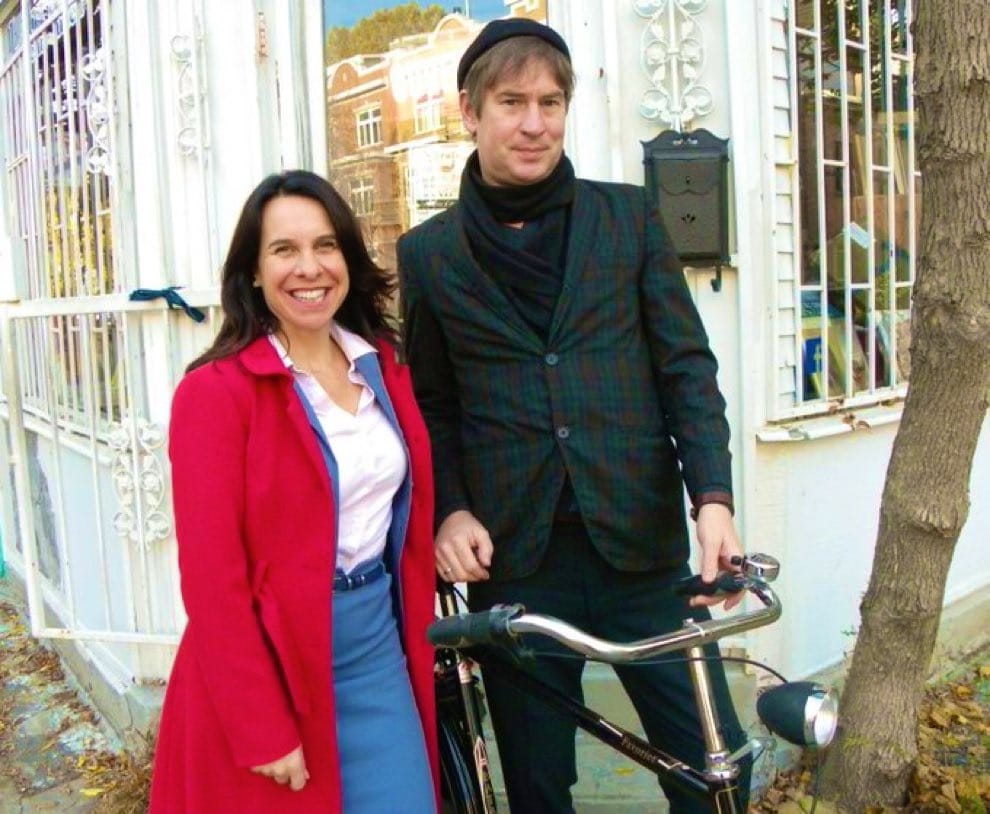
To understand why this was such a change, you have to know what a mess Montreal was in the early 2010s. Decades of low tax revenues, cronyism, and mismanagement meant that basic infrastructure—sewers, gas and water pipes, pavement—had been neglected, a reality that continues to manifest in the infuriating thickets of orange construction cones that bristle throughout the city. From 2013-17, we suffered through the ego-driven mayoralty of Denis Coderre, of the Ensemble Montréal party.


